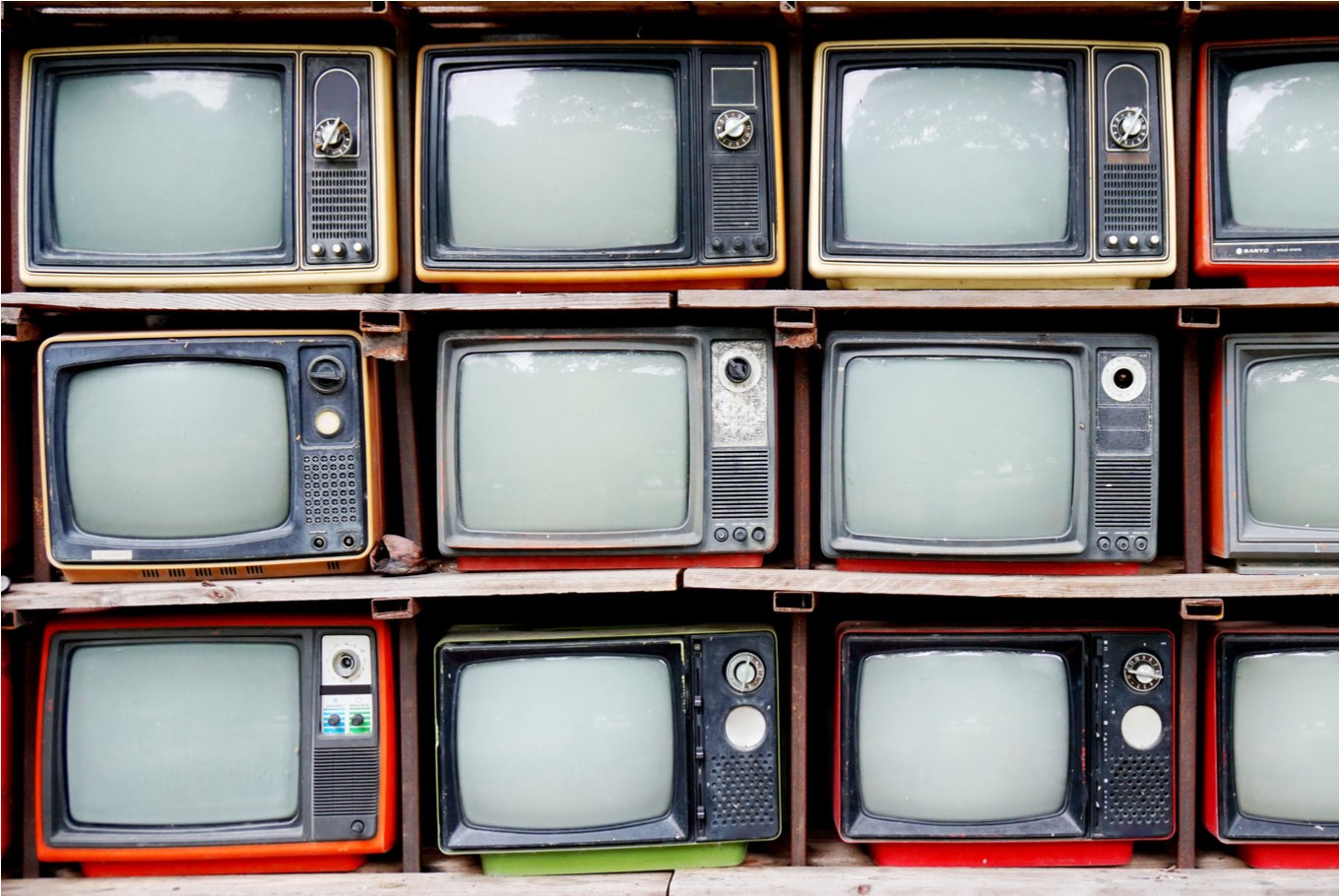Popular Reads
Top Results
Can't find what you're looking for?
View all search resultsPopular Reads
Top Results
Can't find what you're looking for?
View all search resultsPortrayal of women in films, soap operas
Some local soap operas and films still struggle with painting a fair gender picture of women.
Change text size
Gift Premium Articles
to Anyone
D
espite feminist movements growing locally and globally, the portrayal of the ideal woman, both on TV and the silver screen, has shifted from highly sexualized to emotionally vulnerable.
Back in the 1980s, in its heyday, the national film industry was ripe with sexual exploitation of women. The 1983 film 7 Wanita Dalam Tugas Rahasia (7 Women in Secret Duties), for example, was decried by critics as a film that sexually objectified, eroticized and fetishized the suffering of women in their roles as lovers, wives or sisters of male soldiers.
This physical objectification of women largely continued into the early 21st century, until Indonesia’s animated feature in 2002, Beauty and Warrior, where the first signs emerged of a shift to psychologically charged representations.
In the animated film, the female character Sari is a princess whose “beauty” is “enchanted” by Batara, a name that translates as “God”. Throughout the film, Sari bases important decisions on her love for Batara. Despite having a title that suggests the presence of two protagonists, Sari is consistently shown to put herself in a secondary position to her male counterpart.
There are a number of progressive films in which characters question the gender balance, such as My Generation ( 2017 ) and those made from the female perspective, such as the 2008 omnibus movie Perempuan Punya Cerita (Women’s Stories), but this is not yet a mainstream phenomenon.
More recently, the portrayal of women as docile has become popular, as seen in soap operas like Tukang Bubur Naik Haji – The Series (Porridge Seller Goes on Haj – The Series). One of the main female characters, Rhodiyah, is portrayed as a submissive woman and ideal wife.
Such a portrayal perpetuates the idea that a woman’s role is confined to her family life, says Kompas TV journalist and producer Yunita Tandililing, who adds that this idea is difficult to break away from.
Though ideas about feminism are gaining traction in Indonesia, the traditional role of women is deeply ingrained, particularly in the home, she says. This grassroots link between the characters and the audience makes it an almost insurmountable obstacle.
“I think it will still be hard for Indonesians to accept feminism, because it doesn’t fit our culture. Feminism is still debatable in Indonesia, because no matter how strong of a character you are and how much you succeed at work, when a woman comes home, she still has to be a mother and a wife. That’s what’s expected of a woman here.”
University of North Carolina professor Julia T. Wood states in her book Gendered Media: The Influence of Media on Views of Gender that, among the many influencers of social perceptions of women, the media is the most pervasive and most powerful.
“All forms of media communicate images of the sexes, many of which perpetuate unrealistic, stereotypical and limiting perceptions,” she says.
Yunita believes that as women in Indonesia continue to rise to powerful positions in the media, they will be given more authority to make important decisions about gender equality in fictional media. This will allow them to think about the needs of fellow women and their preferences in content.
Even so, Yunita is convinced there can be no progress toward equality while the media continue to sell the idea of “dreaming big” through emotion.
“In Asia, the portrayal of women as people that need to be cared for and are emotional, sells. Our culture loves emotional content, so we exploit that,” she said.
Pelita Harapan University political communication expert Emrus Sihombing echoed that view, saying that, although one function of the media was public education, the TV and film industry was often still profit-oriented.
“That solution is difficult to implement, because the media needs profit to stay afloat, and to get profit, it needs content that people would watch,” he said.
If people stand up to voice their desire to watch more on-screen depictions of strong female representation, it is likely what they will get, as seen in HBO’s political satire Veep, where we can watch comedian Julia Louis-Dreyfus playing a former United States vice president.
Yunita says this requires a cultural shift. She says Western audiences do not respond to emotional exploitation the same way Asian audiences do. The Western media is not without its problems, but people have begun to vote against objectification with their wallets, refusing to watch films that oversexualize or objectify women.
As for Indonesia, Yunita says, the portrayal of women in fictional media won’t change while film and TV content producers think that viewers will oppose such change.
“The media usually just follows what’s trending in culture. It will not sell anything against the culture, because if worse comes to worst, the audience could protest against the content.”
***
Zakary Nash visited Indonesia with support from the Australian government’s New Colombo Plan mobility program. Mary Chelsea Salim also contributed to this story.











